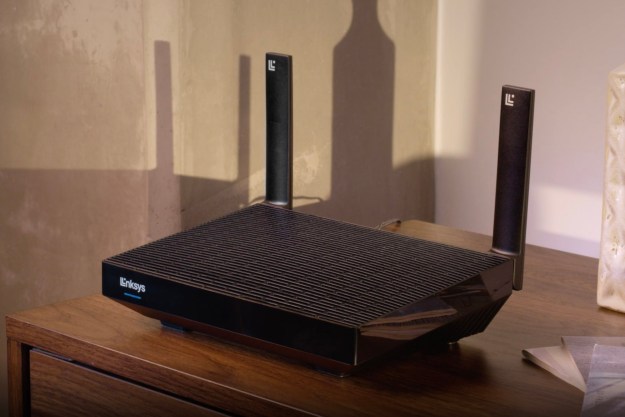
According to the report, users are 28 times more likely to contract malware from torrent sites than they are from mainstream websites or licensed content providers. The study used a sample of 800 sites that distribute copyrighted movies and television shows. One-third of websites with stolen content contained malware and a staggering 45 percent required but a single page-visit from you to cause the malware to download itself onto your computer.
Trojans comprised 54 percent of the total malware found, with 29 percent being adware, and with toolbars at 5 percent, and botnets at 3 percent. The rest were labeled as “other.”
Not everyone knows how malware distribution in the underground community works, but the report gives us a small glimpse of what’s going on behind the scenes. Criminal organizations will contact different content theft sites, such as hosts of torrent files, and pay them to host their malware through advertisements. In a worst case scenario, you’ll find yourself the victim of ransomware. As its name implies, this malware takes control of your files and encrypts them. Unless you pay a ransom that usually lands somewhere between $100 to $500 you won’t have access to your files again. The FBI says that 18 million dollars was lost to ransomware in June of this year alone.
According to the Google Transparency Report, there were 4,865 sites with 1,000 or more copyright-infringing URL removal requests. Using these as a basis, RiskIQ has estimated that the pirate site owners have achieved a total annual revenue of $70 million from malware. But that’s hardly an impressive number when The Department of Justice claims that identity theft cost US consumers $25.7 billion in 2012. Malware, including all its various forms, made up $2.3 billion of that total.
Editors' Recommendations
- Hackers are using this incredibly sneaky trick to hide malware
- Microsoft just gave you a new way to stay safe from viruses
- AMD finally shares new RX 7900 XTX benchmarks, and it’s not all good news
- Nullmixer is a nasty, new Windows malware dropper
- New malware can steal your credit card details — and it’s spreading fast


